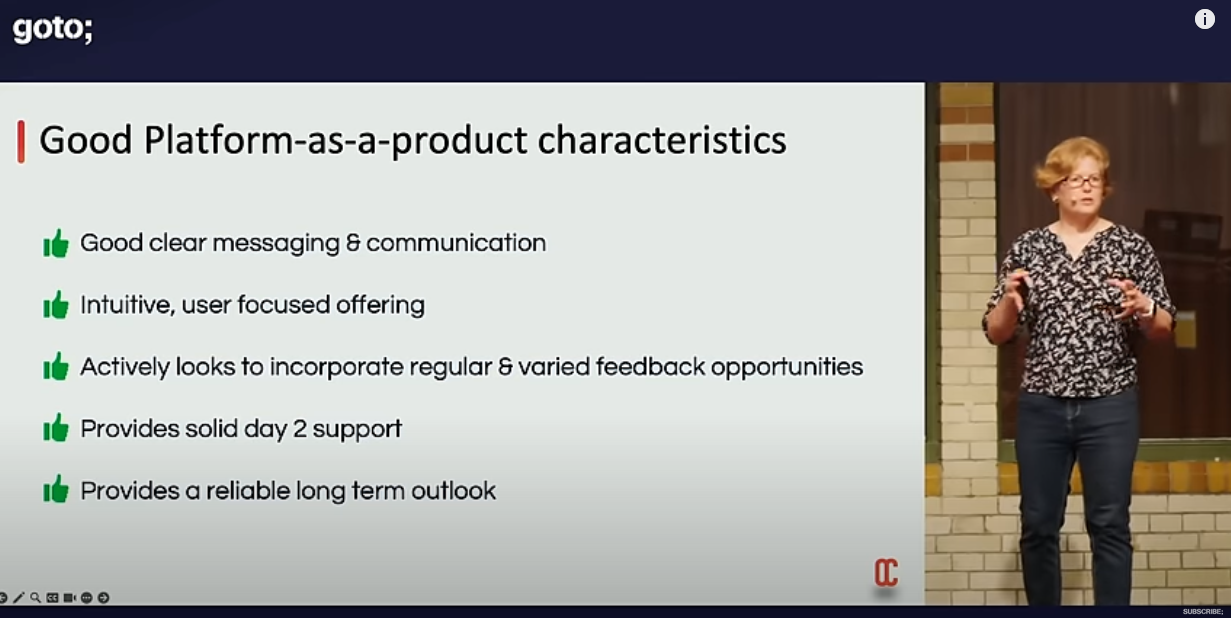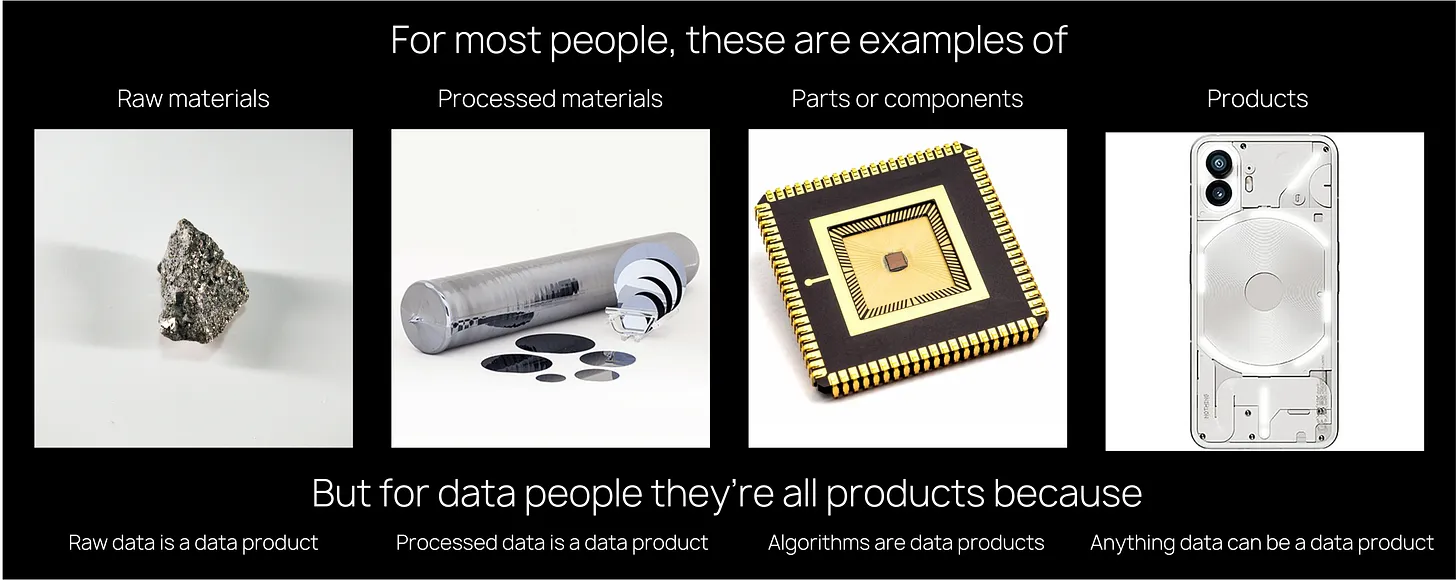Applying data products to your organisation
Data products are a term that is increasingly being talked about, but one which seems to have different meanings to different people.
Let’s look at what a product mindset is and how you can apply that concept to your data in your organisation.
Product mindsets are not unique to data
As is often the case, these concepts are not unique to data.
Software engineering teams have also been encouraged to take on more of a product mindset. Take for example this article on the growing product-minded engineering teams, or this one on how a good engineer thinks like a product manager. They argue that by adopting a product mindset and keeping your users in mind you’ll make decisions in your day-to-day work that improves the product you are building.

From 'How to Grow Product-Minded Engineering Teams' by Nicola Ballotta
OK, those teams are working on what most people would agree is a “product” - i.e. something your business is selling to its customers.
But this product mindset is also being applied in back-end teams, such as platform and developer enablement teams, who generally build tools for internal consumption only. Take for example this slide from Nicki Watt’s presentation on why is it so hard to create a great platform-as-a-product:

From 'Why is it so Hard to Create a Great Platform-as-a-product?' by Nicki Watt
Again, the argument is the same - a greater focus on your users will lead to better results. It just so happens that all your users are internal.
Many of the characteristics listed out are also the same:
- User focus
- Clear communication
- Collaborative, with regular feedback
- Strategic thinking to provide reliability over the long term
They are seem like good ideas to me. So, why not apply the same to the data we are providing to our users? Why would this be any different for data products?
Defining data products
The problem we seem to have with data products is one of definition. Take for example this image from Benny Benford:

I get the point that not all data is a data product. But I don’t think most people are arguing it should be.
For me, a data product - like any product - is something you are providing for your users.
You’ve worked with them to understand their requirements and regularly engage with them to ensure it continues to do so. You continue to improve them and support them over the long term, allowing your users to consume them with confidence.
Does that mean raw data is a data product? Or processed data? Or an algorithm?
Yes, each of those could be data products, if that is what you are providing to your users.
Applying data products to your organisation
Applying a product mindset to what you produce is undoubtedly a good idea, and one you should consider adopting in your team, no matter what the product is you are producing.
The only problem I see with data products is the broad definition.
So, when applying data products within your organisation, make sure you define exactly what they are, and the value they provide.